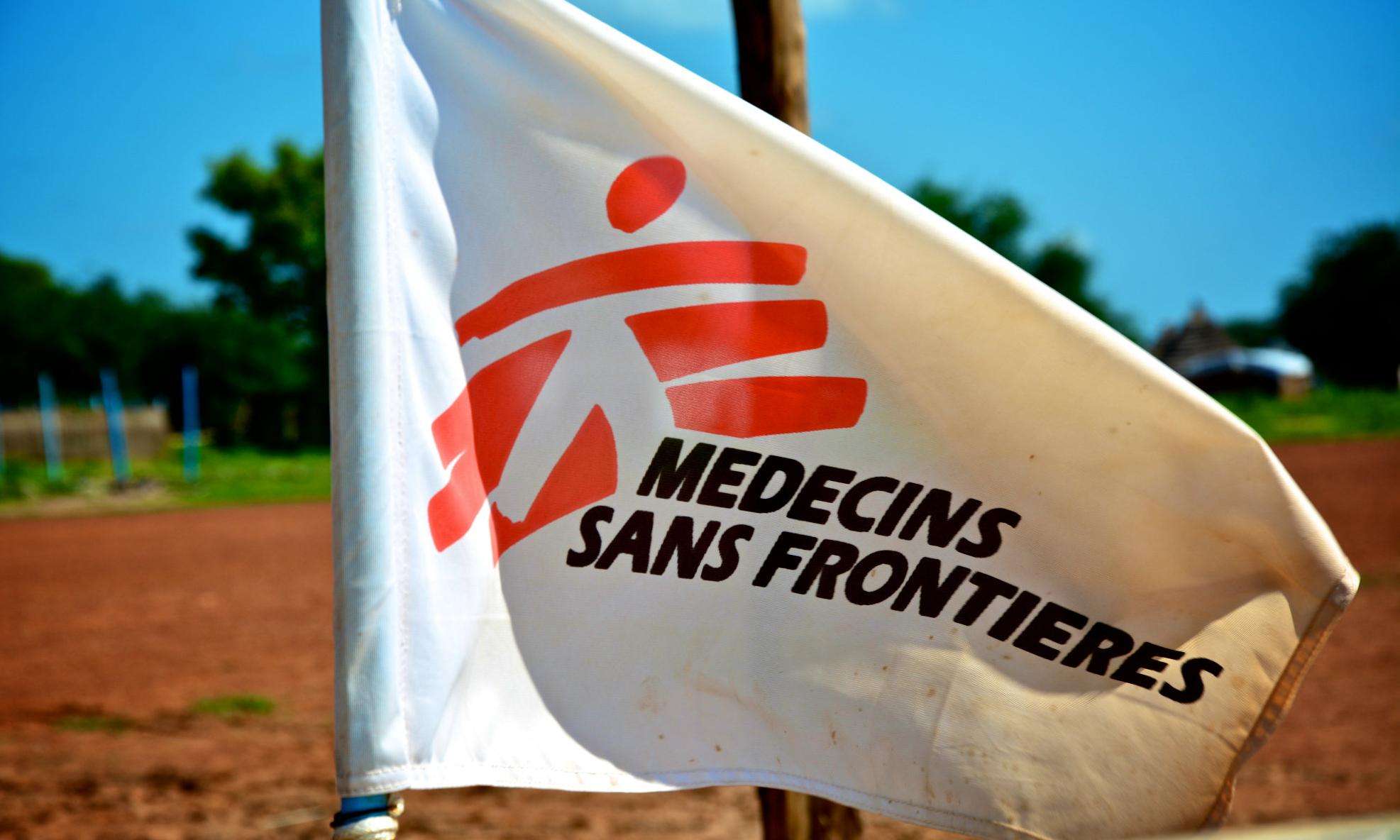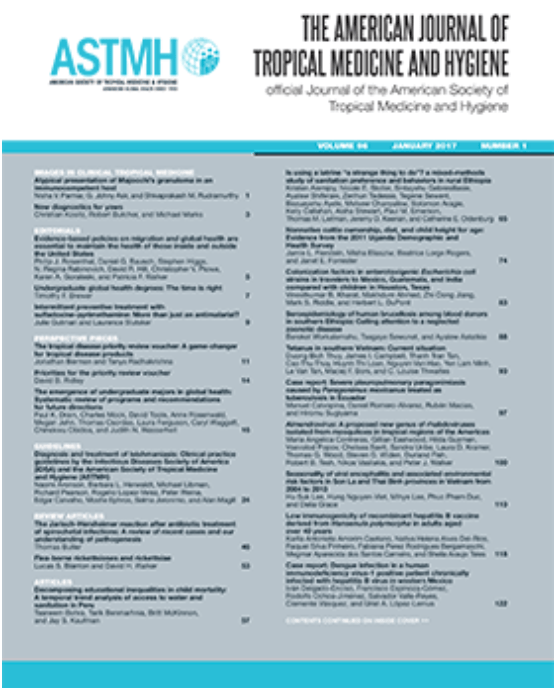Pneumonia is the single largest infectious cause of death in children worldwide, killing 2,500 children younger than 5 years a day and accounting for 15 percent of all under-five deaths globally. In South Sudan, where infant and under-five mortality rates are very high at 75 and 105 deaths per 1,000 live births, respectively, pneumonia contributes to 20 percent of deaths in children younger than five years.
Accurate diagnosis and proper management of pneumonia can be challenging, especially in low-resource settings where skilled clinicians are limited, and standard imaging may be unavailable. Thus, many children diagnosed clinically with pneumonia have viral infections only, leading to suboptimal antibiotic stewardship and concern for increasing antibiotic resistance. There has been significant interest in using portable ultrasound technology in low- and middle-income countries (LMICs), as it requires significantly less infrastructure and training than the current gold standard diagnostic imaging using chest X-rays. Point-of-care ultrasound (POCUS) is a widely used clinical imaging method for rapid diagnosis, can expedite treatment at the bedside, and is relatively easy to learn. It can be brought to wherever the patient is located and does not emit radiation. A meta-analysis by Pereda et al. shows POCUS sensitivities and specificities to be greater than 90 percent for diagnosing pneumonia in children. The work by Reali et al. in 2014 showed that lung ultrasounds can be at least as effective as chest X-ray in diagnosing pneumonias in pediatric patients. Furthermore, a 2015 study by Chavez et al. in two resource-limited settings shows that lung POCUS can be taught efficiently to general practitioners because the use of POCUS is based on simple techniques and pattern recognition.





